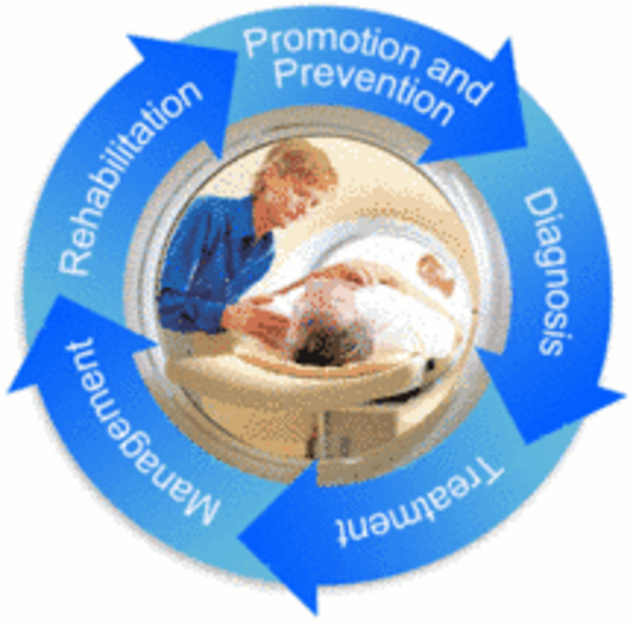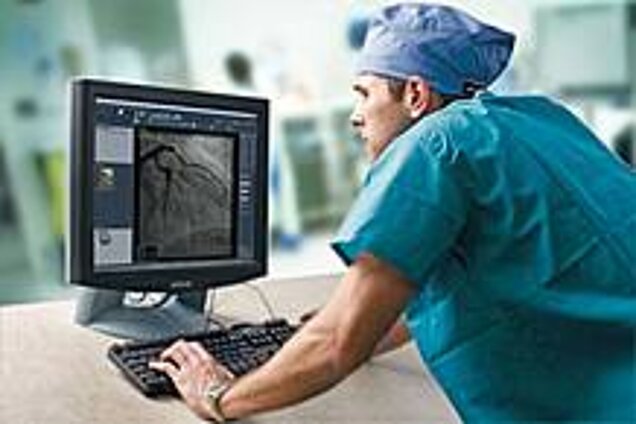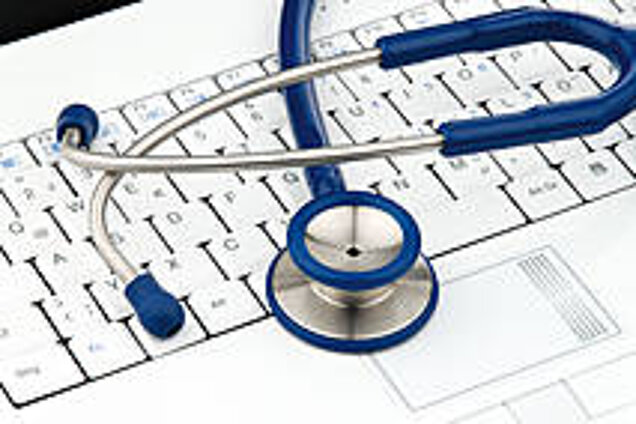Value of our industry
QUALITY, SAFETY AND COST-EFFICIENCY
The role of medical technology is of critical importance in societies facing budget constraints, the challenges of ageing populations, the rise in chronic diseases and shortage of qualified healthcare professionals. Making cutting-edge medical technologies accessible to all is COCIR’s goal.
Over time, COCIR members’ products and services have steadily increased the quality of healthcare delivery, while ensuring the highest safety for patients. COCIR supports the deployment of medical imaging and health ICTs as essential building blocks for reducing healthcare inequalities, and improving the quality of life in Europe.
One way to make medical devices available to patients quickly, safely and in a cost-efficient way is through the use of globally harmonised standards. It is important that procedures in different regulatory systems be aligned so that the principle of “accepted once, accepted everywhere” is applied.
INTEGRATED SOLUTIONS
Products developed by COCIR members are designed to work across the complete care cycle and allow integrated healthcare delivery. Interoperability, functionality, and efficient information sharing are key enablers in this view. Ensuring an effective coverage of the entire care cycle, from prevention, early diagnosis and treatment to follow-up, significantly increases the quality of life of patients, in particular for those with chronic diseases.
THE POWER OF IMAGING
Medical imaging helps keep people healthy through smart prevention and screening. Imaging technologies, such as X-ray, ultrasound and magnetic resonance imaging (MRI), play a vital role in the detection of serious illnesses or injuries, by producing an accurate picture of the inside of the human body. These technologies help doctors make accurate diagnoses and enable conditions such as cancer to be caught early and therefore treated more successfully.
THE IMPORTANCE OF RADIOTHERAPY
Radiotherapy is an essential component of comprehensive cancer care. More than half of all patients with cancer will require radiation as all or part of their treatment, often in combination with surgery and chemotherapy. Radiation treats cancer by destroying the genetic material in rapidly growing cancer cells. The most common type of radiation used is x-rays, also known as photons. Radiation can be produced in a variety of ways and is delivered to patients using a radiotherapy machine. It is used to used to treat cancer, prevent recurrence, and help manage pain and other symptoms.
CONNECTING WITH DIGITAL HEALTH
Digital Health solutions are increasingly used by healthcare professionals to store or exchange information and to remotely monitor patients or deliver healthcare services. They reduce health inequalities by giving access to healthcare to people located in remote places, cut the risk of medical errors and allow safer and faster transfer of important patient data.
Digital Health solutions contribute to making European healthcare systems more cost-effective and sustainable - a real challenge for a Europe which faces a steadily ageing population together with increased public expenditure on healthcare.



